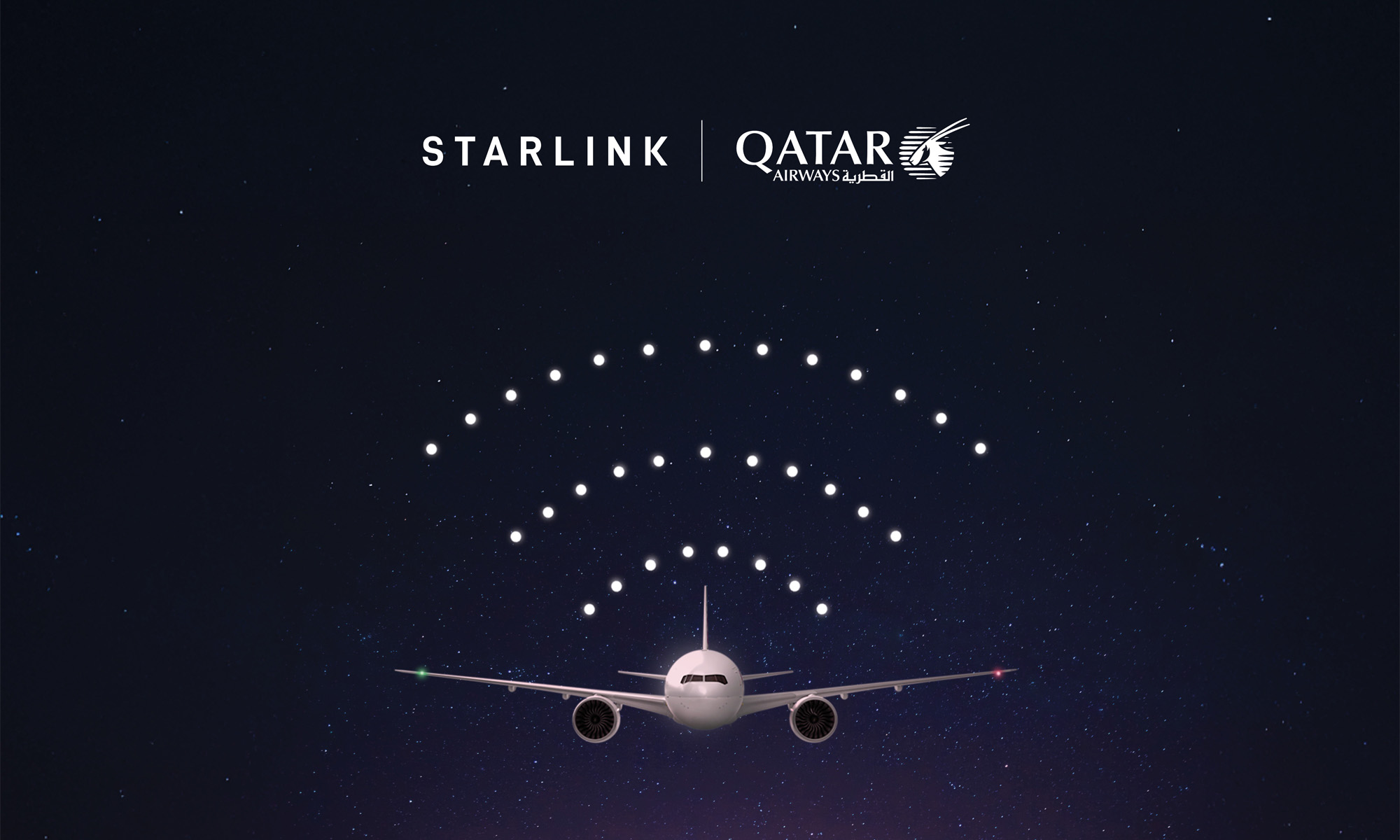News
Yela Secures Over $2M To Connect Fans & Celebrities Via Video Messages
Yela gives you access to personalized video messages from your favorite A-list celebrities from around the MENA region.

Yela, a platform that aims to connect fans and celebrities via personalized video messages, has secured $2.2 million from global investors to support its launch in its first pre-seed round of funding.
The list of investors includes Justin Mateen (co-founder of Tinder), Sean Rad (co-founder of Tinder), and Razmig Hovaghimian (a board member at Rakuten). The creators of the platform, Alex Eid and Marc Dakroub, claim that they’ve been able to secure the backing of such high-profile investors by offering exclusive access to A-list celebrities, including Amr Diab, Haifa Wehbe, Youssra, Ahmed El Sakka, Mohamed Henedy, Chico, Ghada Addel, Amr Youssef, and Mostafa Shaban, just to give a few examples.
Yela differs from its main competition, American video-sharing website Cameo, by targeting the MENA and South Asia market, whose population is relatively young and tech savvy.
“We’re differentiated in the region we cover, the type of creators we are onboarding, and the audience we are targeting,” said Yela CEO Alex Eid. “Also, the team is made up of second- and third-time venture backed entrepreneurs, with a passion for the product.”
Also Read: Anghami Lab Venue To Bridge Digital And Traditional Entertainment
Because Yela is currently in private beta, users are required to join a waiting list to get early access and unlock rewards. The first 5,000 users were able to secure priority access to the platform and get $100 worth of credits as a bonus. Now, up to 10,000 users can get only $40 worth of bonus credits. Supported payment methods include Visa, Mastercard, American Express, and PayPal.
Platforms like Yela can be seen as products of the ongoing monetization of human interactions, which has been made possible by the internet and online payment methods. Their usage has increased significantly during lockdowns, likely as a result of people craving social interactions and being more willing to pay for them.
News
Qatar Airways Debuts World’s First Boeing 777 Starlink Flight
The airline has ambitious plans to roll out the high-speed, low-latency service across its entire Boeing 777 fleet within a year.

Qatar Airways has taken a significant step ahead of the competition by being the first operator to offer Starlink internet on a Boeing 777 aircraft traveling from Doha to London.
As the largest and first airline in the MENA region to offer Starlink’s ultra-high-speed, low-latency internet, Qatar Airways continues to raise the bar for in-flight services after winning the coveted Skytrax “World’s Best Airline” for 2024 award.
Initially, the carrier planned to outfit three Boeing 777 aircraft with Starlink technology. However, by the end of 2024, the airline will have upgraded 12 Boeing 777-300s with this service. Further ahead, the entire Boeing 777 fleet is set to be Starlink-equipped by 2025, one year earlier than originally scheduled, with the Airbus A350 fleet following suit by mid-2025.
This rollout demonstrates Qatar Airways’ dedication to enhancing in-flight connectivity and will enable passengers to stay in touch with family and friends, stream media, watch live sports, work remotely, and even play online games — all at 35,000 feet.
Qatar Airways Group Chief Executive Officer, Engr. Badr Mohammed Al-Meer expressed excitement about the debut flight, stating: “We are thrilled to launch our first Starlink-equipped flight, proving once again why Qatar Airways is at the forefront of the aviation industry”.
Also Read: A Guide To Digital Payment Methods In The Middle East
He continued, “Paired with our commitment to rapidly rollout Starlink across our entire modern fleet, [Qatar Airways] demonstrates our relentless pursuit of offering passengers an in-flight experience that transcends the constraints of traditional air travel”.
By launching its first Starlink-equipped aircraft, Qatar Airways has achieved several milestones, including operating the world’s first Boeing 777 widebody with the service onboard. Qatar Airways’ strategic partnership with SpaceX ensures passengers will continue to enjoy an unmatched in-flight experience, and not only represents a breakthrough for Qatar Airways but also sets a new standard for in-flight connectivity globally.






















